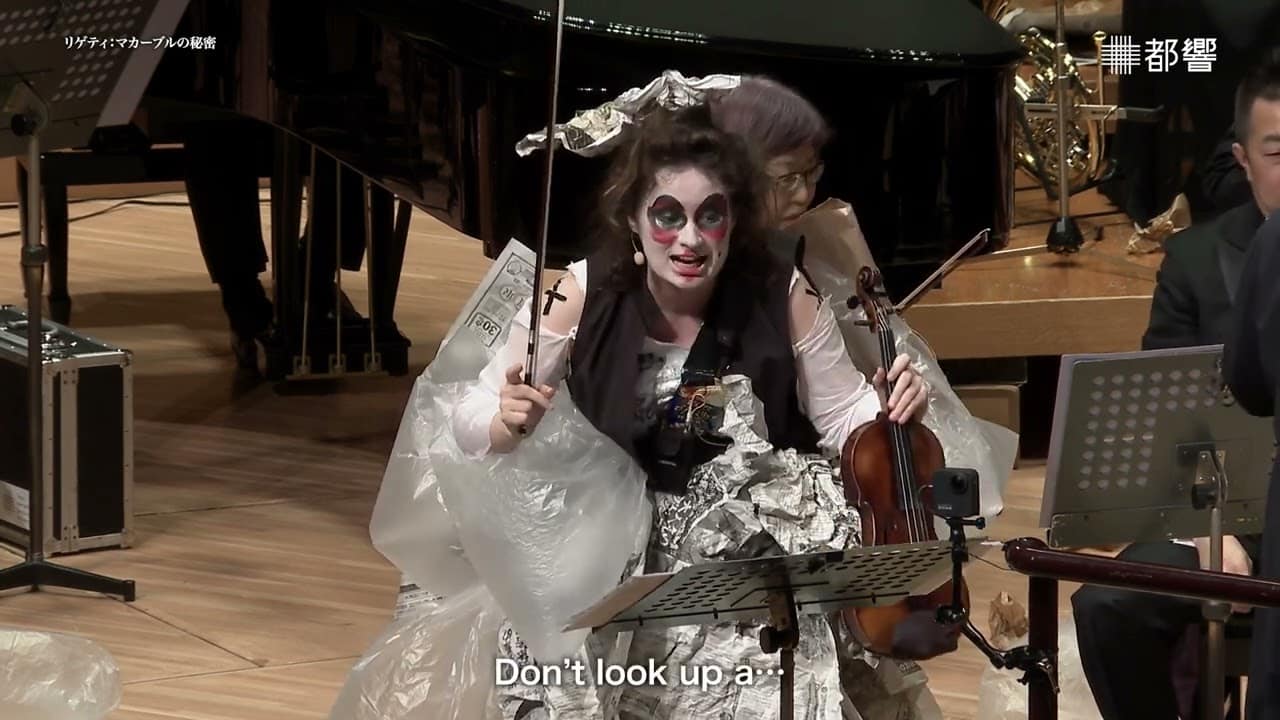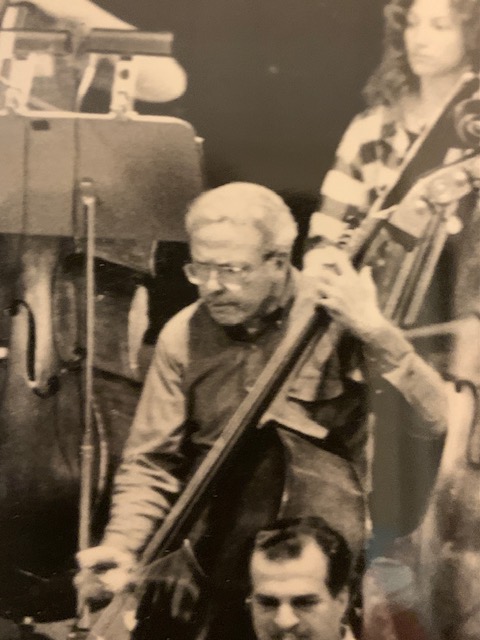At last, the Real Meistersinger
OperaRichard Wagner’s only comic opera had a long gestation. Summer 1845: drawing on the History of German Literature as well as the biography of poet and shoemaker Hans Sachs, the composer sketches out ideas for a satirical counterpart to Tannhäuser. Autumn 1861: Wagner writes to his publisher that he intends to cheer himself up with ‘something lighter’ and begins composing Die Meistersinger, which he would not complete until six years later. With a sense of self-derision with which he is not usually associated, Wagner brings together an exercise in style and an aesthetic manifesto in praise of the ‘noble and holy German art!’. Here is an opera that speaks volumes about the composer’s own preoccupations: the widening divide between high art and popular culture, and the fracturing of tradition by the radically new. Wise and audacious, the characters of Sachs and Walther can be seen as a double self-portrait of their creator.
Slippedisc, courtesy of OperaVision, shares live Teatro Real’s new production (the first in Madrid for 22 years) which is conducted by Pablo Heras-Casado and staged by a director with some gift for comedy, Laurent Pelly.
The Plot: Midsummer’s eve in Nuremberg and the real-life cobbler-poet Hans Sachs and the guild of mastersingers are pursuing their craft of poetry and music according to traditions and rules. A goldsmith’s daughter, Eva, and a knight, Walther von Stolzing, fall in love, but Eva’s father has promised her to the winner in the forthcoming song contest. Under the wise tuition of Sachs, can Walther learn the mastersinger’s art in time to win Eva’s hand and see off a challenge from the foolish town clerk Beckmesser?
Sung in German. subtitles in English, German, Spanish, French
Available on Saturday 18th May 1800 CET / 1700 London / 1200 NY






Comments